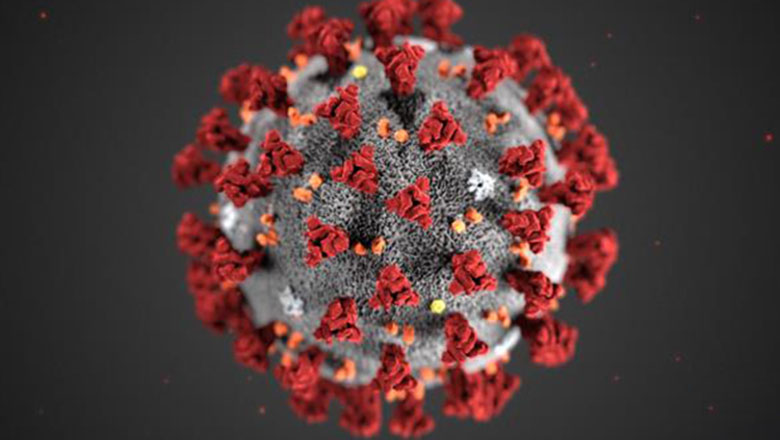The corporate tax regime has fuelled inequality, which is an important vector for the spread of the coronavirus. Many people on lower incomes are forced to make the wrenching choice between going into work and potentially contracting and spreading the coronavirus, or staying at home and failing to make ends meet
Dr Joseph Baines and Dr Sandy Hager
01 April 2020
Global tax inequality 'contributed to conditions that saw rapid spread of coronavirus'
A persistent disparity in the taxes paid by large and small firms has fuelled inequality and contributed to conditions through which coronavirus has been able to spread rapidly, according to new research.

Work by Dr Joseph Baines, from the Department of European and International Studies at King’s College London, and Dr Sandy Hager, from City, University of London, shows that the biggest firms pay the smallest share of tax on their profits worldwide, which is a contributing factor in global inequality, leaving society more vulnerable to health risks.
The pair develop this case on the basis of their new research, The Tax Advantage of Big Business: How the Structure of Corporate Taxation Fuels Concentration and Inequality, published this month in Politics & Society.
Dr Hager and Dr Baines argue: “One problem of big corporations having a tax advantage is that the tax system encourages businesses to concentrate into bigger and bigger entities.
“Studies show that as large corporations take greater shares of revenues, profits and assets, they also charge higher prices, pay lower wages, provide lower quality goods and services, and scale back innovation and investment.
“The global tax system rewards corporations for reaching a size that is actually bad for society. This may include impeding our ability to mitigate the spread of coronavirus.”
In their research, data compiled by the pair shows that, since the 1980s, the tax system has turned sharply regressive, with the largest 10 per cent of US firms listed on the stock market paying a much smaller share of their profits in worldwide tax than the smallest 90 per cent.
Between 2015-18, for example, the bottom 90 per cent of listed firms paid an effective tax rate of 41 per cent on profits. The largest 10 per cent, by comparison, paid 28 per cent.
The effective tax rate is the rate actually paid as opposed to any rate set by governments.
This tax advantage enjoyed by the largest firms contributes to widening household inequality, the pair argue, with the richest in society more likely to benefit from the success of the largest firms.
Dr Hager and Dr Baines said: “Supporters often claim that tax savings allow business to expand productive capacity, employment and wages, and therefore create widespread prosperity. Yet our research shows that as the rate they effectively pay declines worldwide, large corporations scale back their capital expenditures.”
The research shows that, capital not invested by the largest firms is used instead to enrich shareholders. In the 1970s, large corporations allocated 30 cents toward dividend payments and stock buybacks for every dollar of capital expenditure. From 2010-18, the amount they spent on enriching their shareholders had jumped to 93 cents.
Given the top one per cent of US households own, either directly or indirectly, 40 per cent of all corporate shares, and the top 10 per cent of households own 84 per cent, this shareholder enrichment overwhelmingly benefits the wealthiest, the research shows.
Dr Hager and Dr Baines add: “The corporate tax regime has fuelled inequality, which is an important vector for the spread of the coronavirus. Many people on lower incomes are forced to make the wrenching choice between going into work and potentially contracting and spreading the coronavirus, or staying at home and failing to make ends meet.”
While Dr Hager and Dr Baines welcomed measures taken by Chancellor of the Exchequer, Rishi Sunak, to support incomes during the pandemic, they called for the government to use the crisis as an opportunity to reform the tax system in an effort to reduce inequality and corporate concentration.

